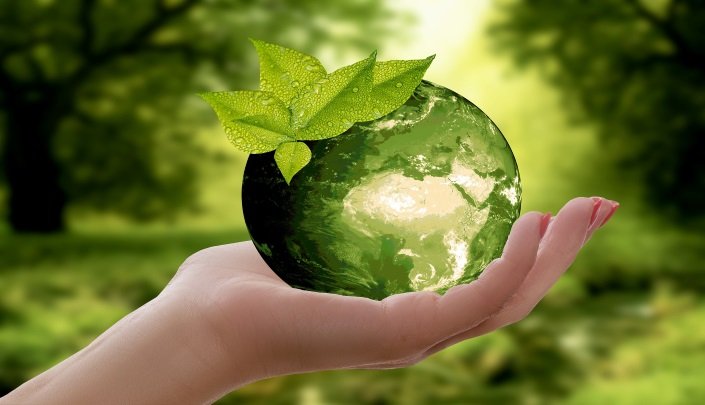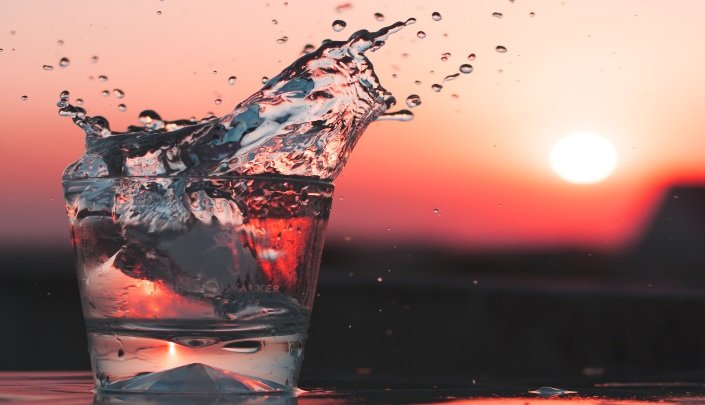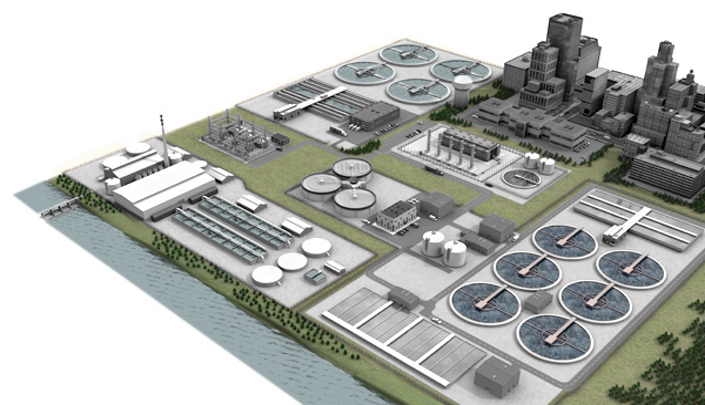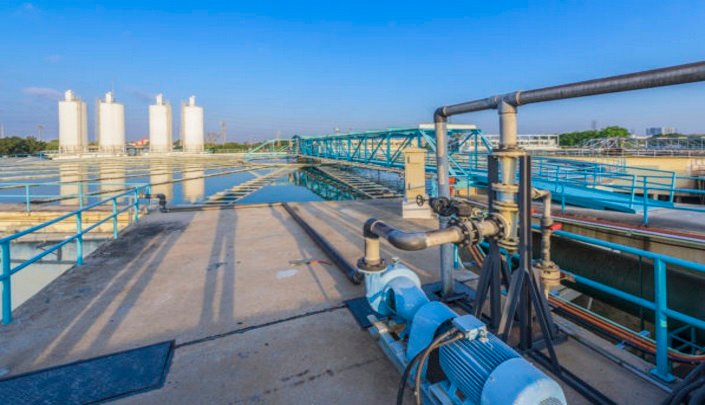

India is the greatest consumer of freshwater in the world today, holding about 750 billion cubic metres yearly, according to the World Bank. The World Bank has studied India’s growing water needs comprehensively. But for a country which elucidates only 4 per cent of the world’s water resources despite hosting 17 per cent of the world’s population, the water crisis is an emerging danger we should be afraid of. The Central Pollution Control Board (CPCB) calculates that by 2030, India’s water requirements are supposed to increase to 1.5 trillion cubic meters. How can India bridge the split between water haves and have not’s? Shortage of proper infrastructure and consciousness regarding wastewater recycling in India has resulted in excess o utilization of India’s water resources and there is scarcely existing procedures on wastewater recycling.
In India, the recognition connected to overusing of water resources has been very low. India has always been projected as a country with abundant water resources which is no longer the situation now. On the other hand, per capita accessibility of water in India has reduced from 1,800 cubic meters per year in 2001 to an estimated 1,100 in 2050. Water used for sanitation purposes is rarely recycled in India’s urban areas. Wastewater recycling infrastructure in India’s urban spaces is neither sufficiently financed nor executed according to a planned strategy thus resulting in limited options for people to recycle wastewater.
Only 30 per cent of India’s total wastewater is recycled. The indifference regarding treatment of wastewater in India is visible from how its sewage systems have been designed. Most of modern India’s sewage systems lead directly to rivers or lakes. For example, in Delhi, 90 per cent of urban households have sewage systems which dump the wastewater directly into the Yamuna. Years of such practices has resulted in the Yamuna becoming one of the world’s most polluted rivers.





















